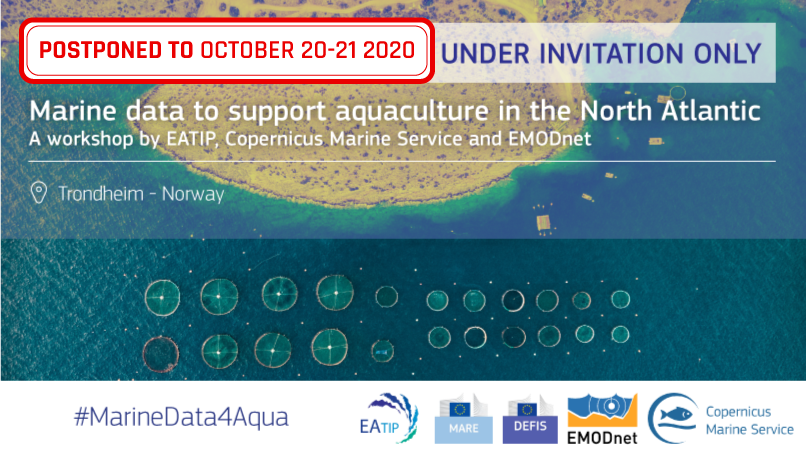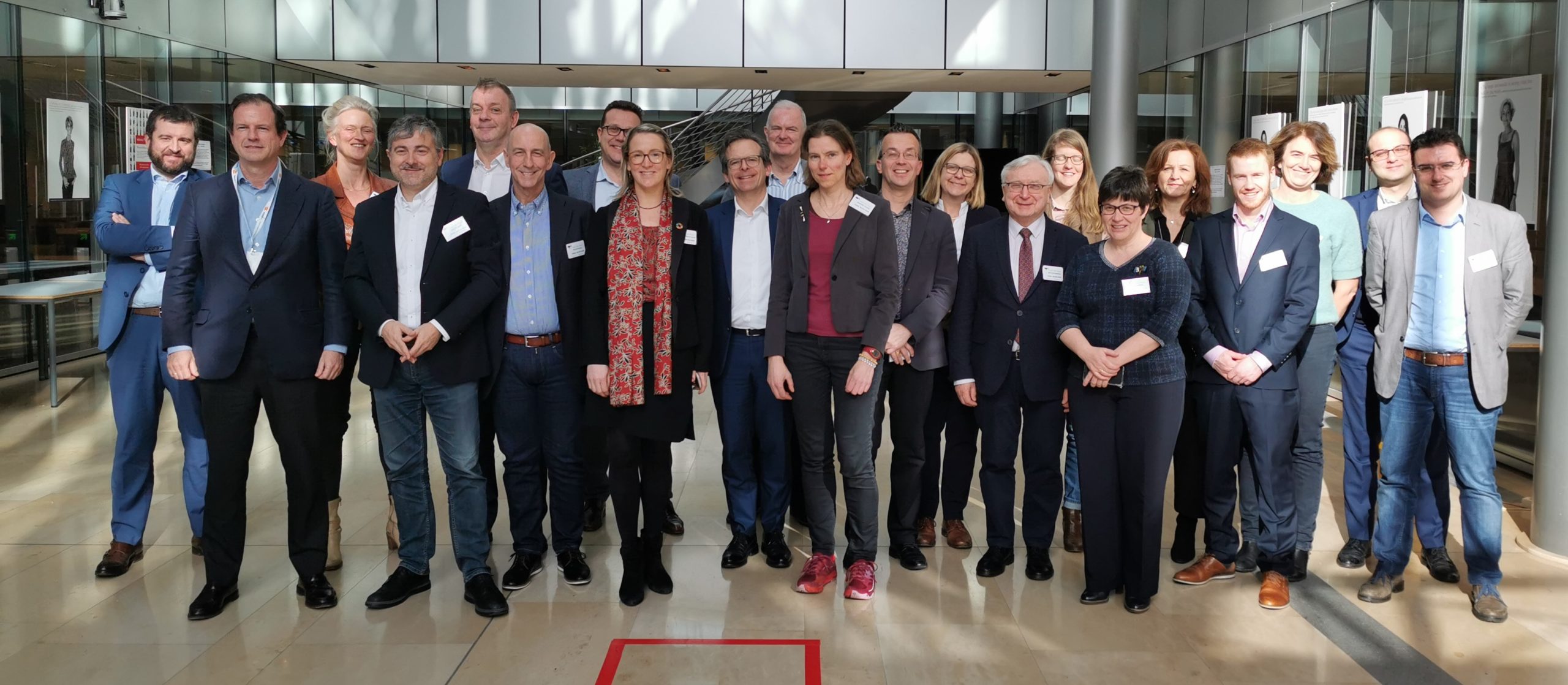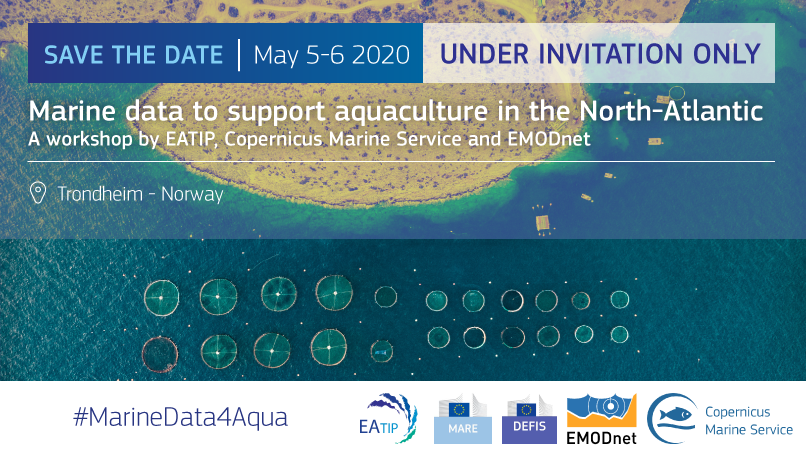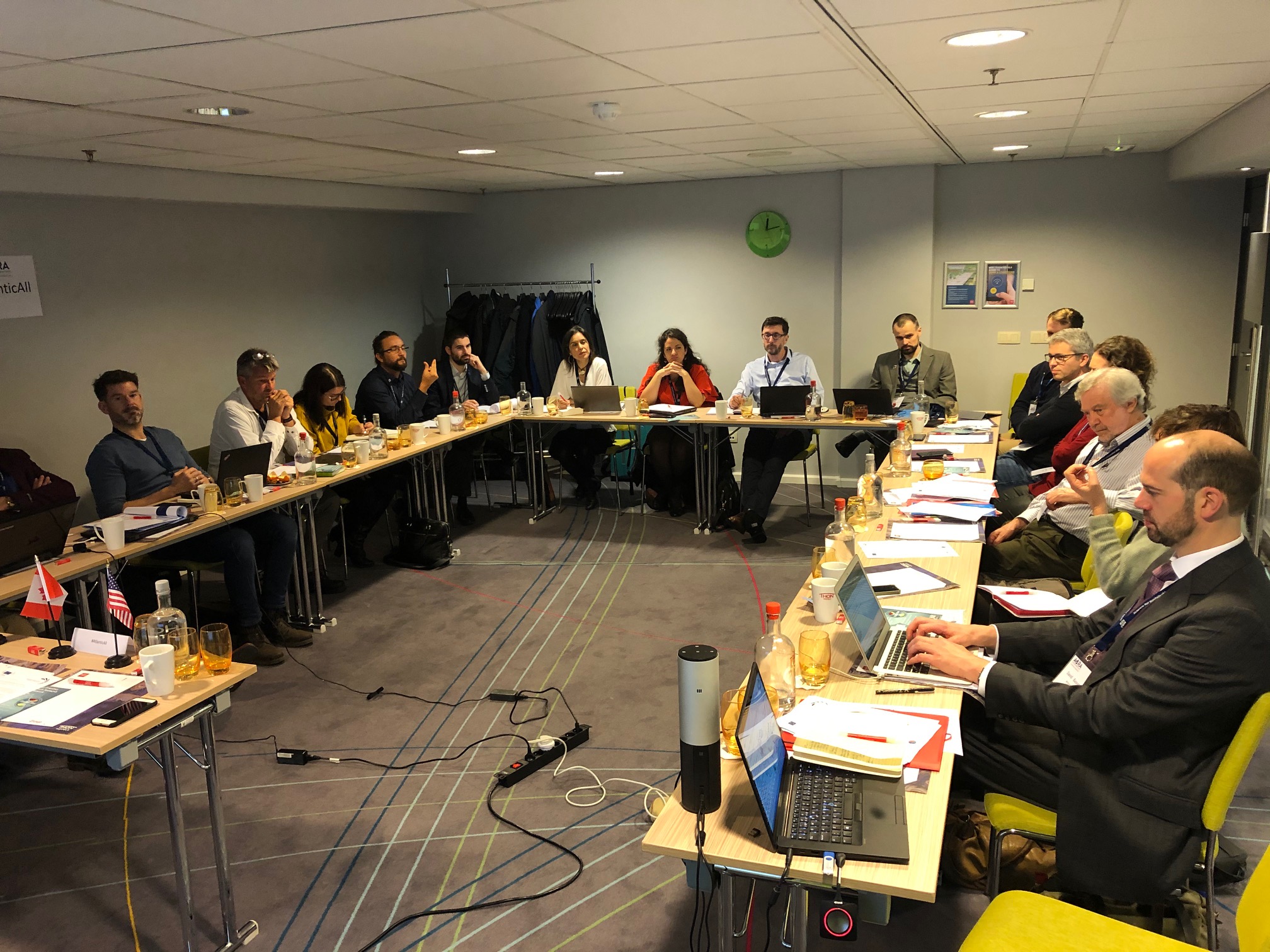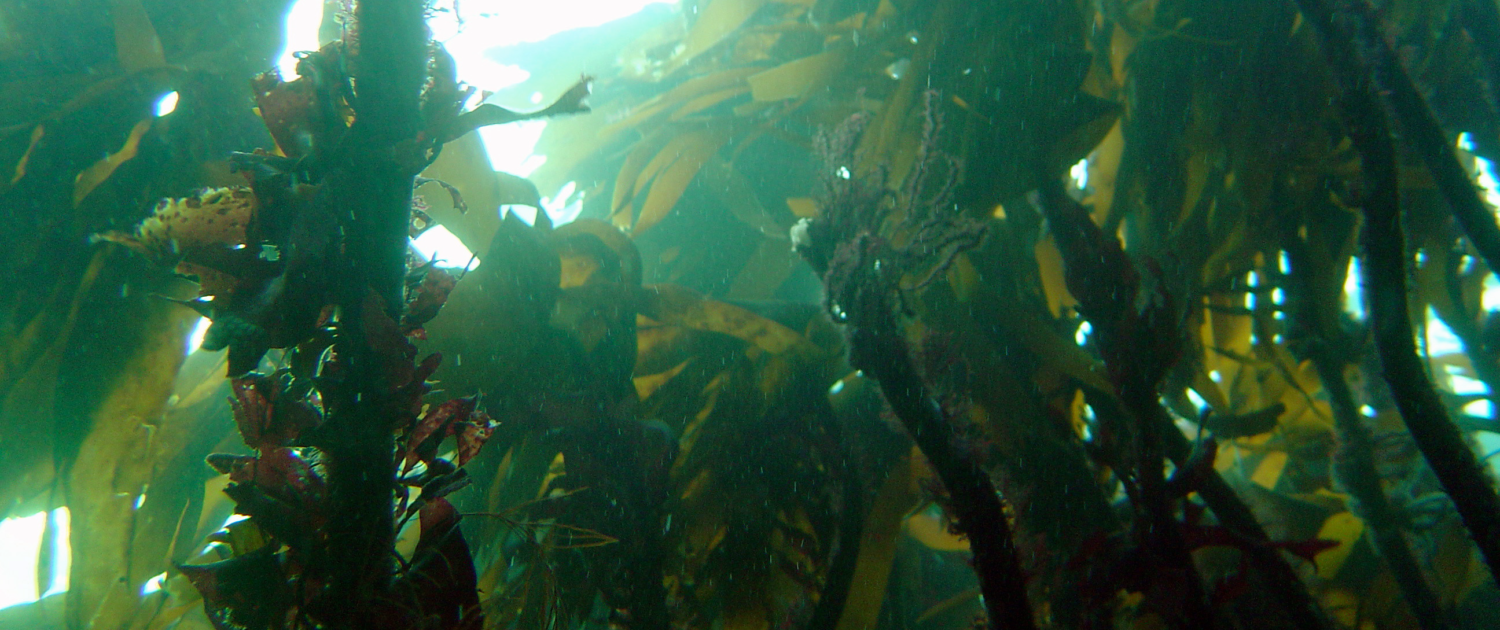BEST PRACTICES IN AQUACULTURE
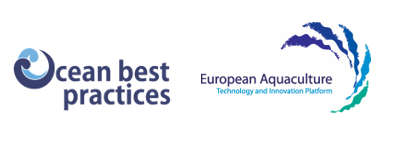
The development of best practices is an important part of the recently launched strategic guidelines for a more sustainable and competitive EU aquaculture. The European Aquaculture Technology and Innovation Platform (EATiP) and the Ocean Best Practices System (OBPS) of the Intergovernmental Oceanographic Commission (IOC) jointly organized this workshop to stimulate sharing of knowledge and to promote best practice development across aquaculture systems and regions in Europe. The aim to consolidate data sharing and best practices relates to a broad range of aquaculture areas such as spatial planning, animal health and welfare, traceability, environmental performance.
The workshop provided the participants with a better understanding of how to develop and maintain best practices within the existing boundaries for sharing of data. It also showed examples of how good practices at a local, regional or EU level can contribute to better aquaculture planning and control. It also looked into opportunities for guidance and collaborative actions on how to support best practices in aquaculture.
5 APRIL 2022 – 13:00 – 16:30 (CEST – UTC+2)
Agenda
- Welcome by EATIP. David Bassett | EATiP
- Welcome by OBPS. Jay Pearlman | OBPS
- Policy and regulations. Lana Bezinovic Sostar | European Commission, DG MARE
- About Best Practices and OBPS. Johannes Karstensen | GEOMAR, IODE OBPS Steering Group
- Aquaculture operations across standards, certification schemes and best practices. Panel dialogue.
- Javier Ojeda | FEAP
- Bruno Guillaumie | EMPA
- Otto Gregussen | Standards Norway
- Best Practices in Aquaculture – use cases across Production System and Regional approaches.
- OPS Seafood – Norway. Edvard Pedersen | The Brønnøysund Register Centre
- PerformFish benchmarking system – Mediterranean. Giovanna Marino | ISPRA
- General Fisheries Commission for the Mediterranean. Houssam Hamza & Linda Fourdain | FAO-NFIGD
- AquaPEF – implementing PEF in aquaculture. Saioa Ramos | AZTI
Break
- Framing the issues on sharing of best practices in aquaculture
- Breakouts for discussion & Report out
- Recommendations
- Adjourn

